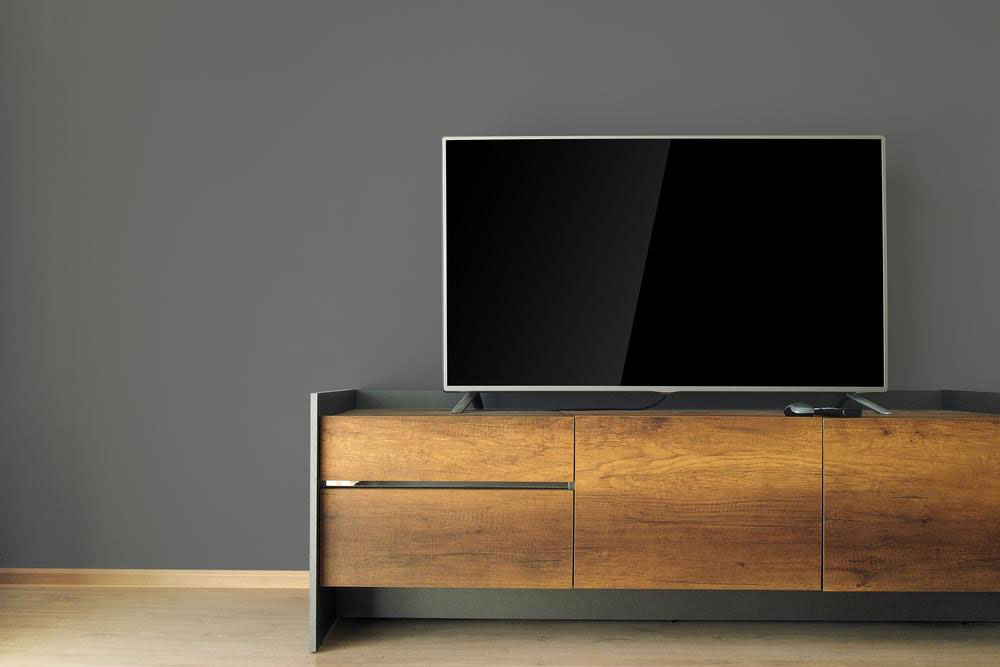Balancing Performance and Portability in Business Laptops
Discover how modern business laptops combine power and portability, featuring the latest hardware updates, versatile sizes, and budget-friendly options. Learn what specs to consider for optimal performance tailored to your needs.

Balancing Performance and Portability in Business Laptops
While large laptops are packed with powerful hardware, they often suffer from shorter battery life due to intensive internal processes. Manufacturers face the challenge of balancing portability with raw power since high-performance components generate more heat and require efficient cooling systems.
Compared to smaller models, larger laptops tend to drain batteries faster and are less durable in terms of battery longevity. In contrast, compact laptops generally offer longer battery life but might lack some processing capabilities required for demanding tasks.
Smaller laptops typically have prolonged battery life but may compromise on processing speed and power. However, recent advancements are rapidly bridging the gap between portability and performance, making powerful yet lightweight laptops more accessible and affordable. This trend has been notable over the past decade.
Industry leaders like Apple revolutionized portable computing with the lightweight MacBook Air, though often at a premium. Thanks to increased competition, high-quality, portable business laptops are now more budget-friendly and versatile, with screen sizes ranging from 11 to 17 inches tailored to varied needs.
Choosing a portable business laptop involves considering factors like hardware specifications, manufacturer reputation, and price. Processing power, measured in gigahertz (GHz), indicates speed, while newer models feature multi-core CPUs like Intel i5 or i7, which enhance efficiency and reduce battery drain. RAM is another critical aspect, influencing multitasking and overall speed.
Powerful configurations, such as advanced graphics cards and high-capacity RAM, typically add weight and reduce portability. Therefore, it's essential to evaluate your specific needs—whether prioritizing portability or processing capacity—before making a purchase. Hardware updates are frequent, so checking the processor generation and brand reputation can assist in selecting a reliable, efficient device.










